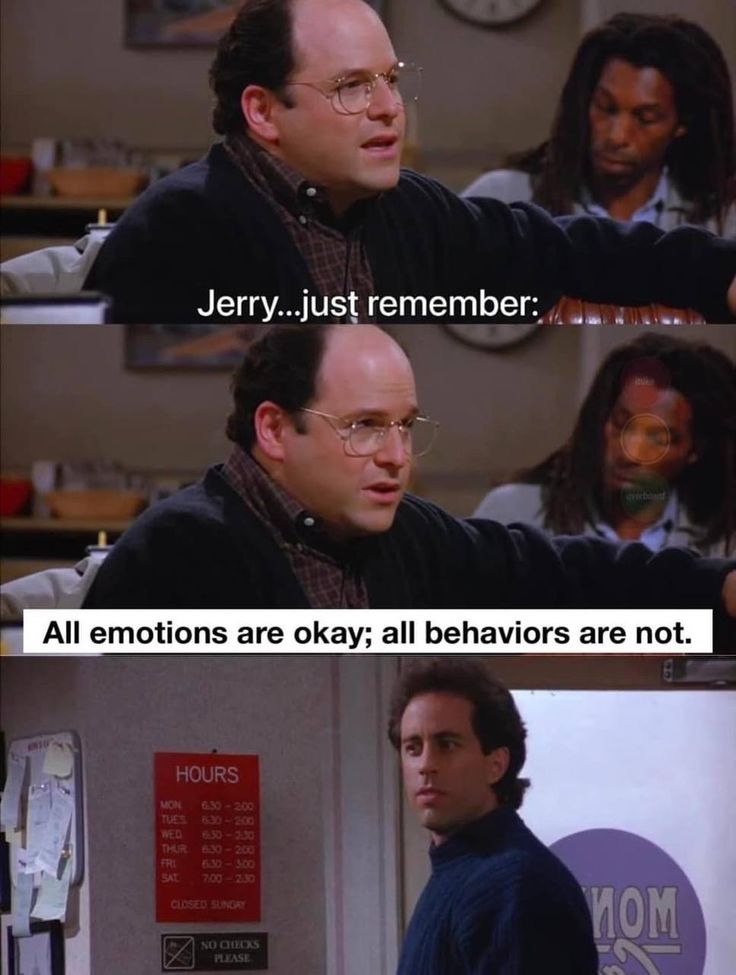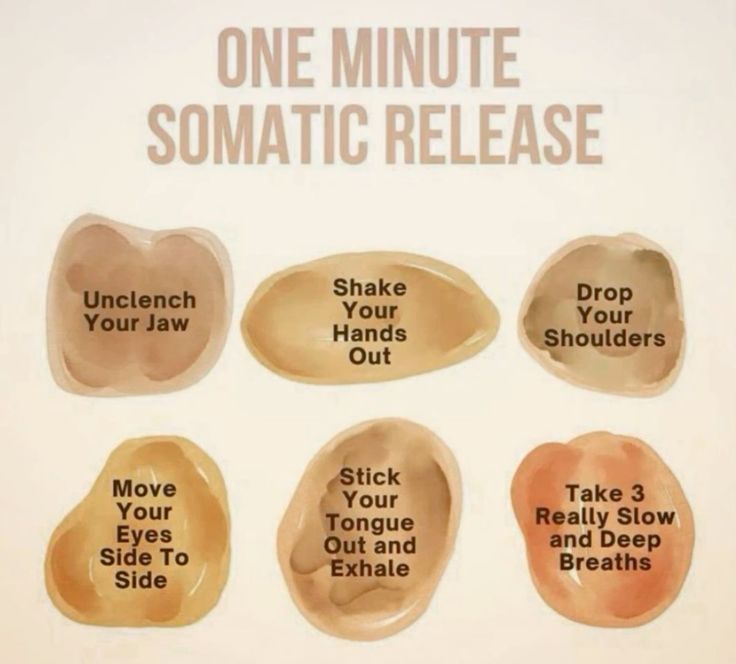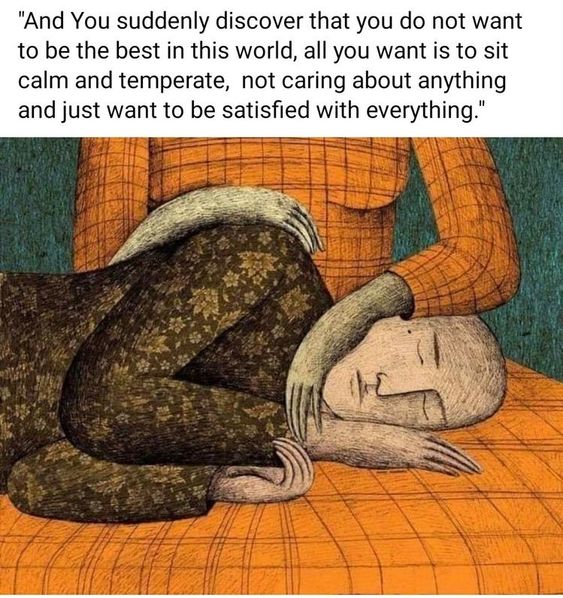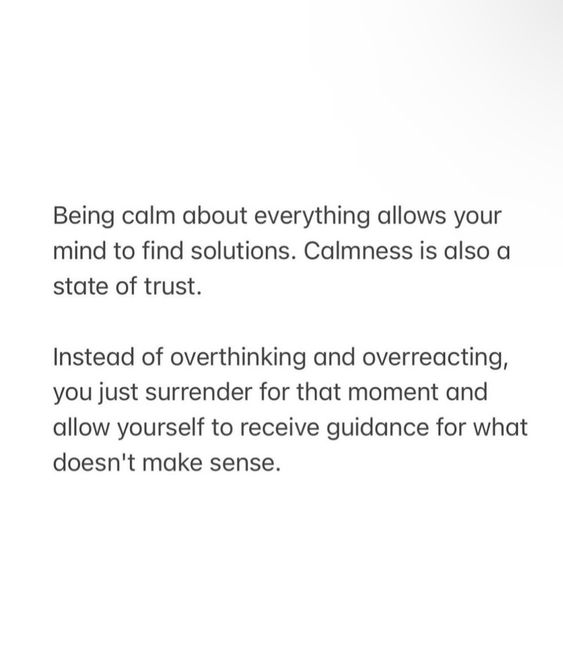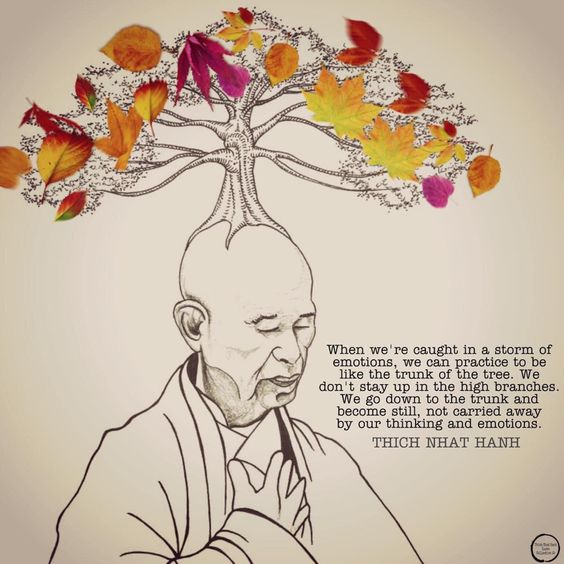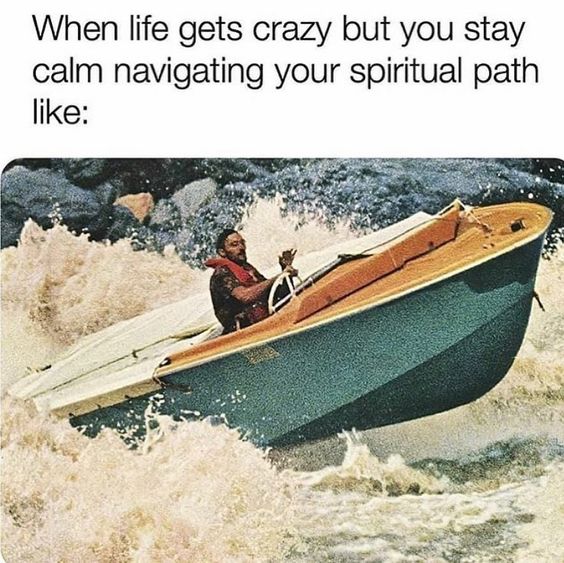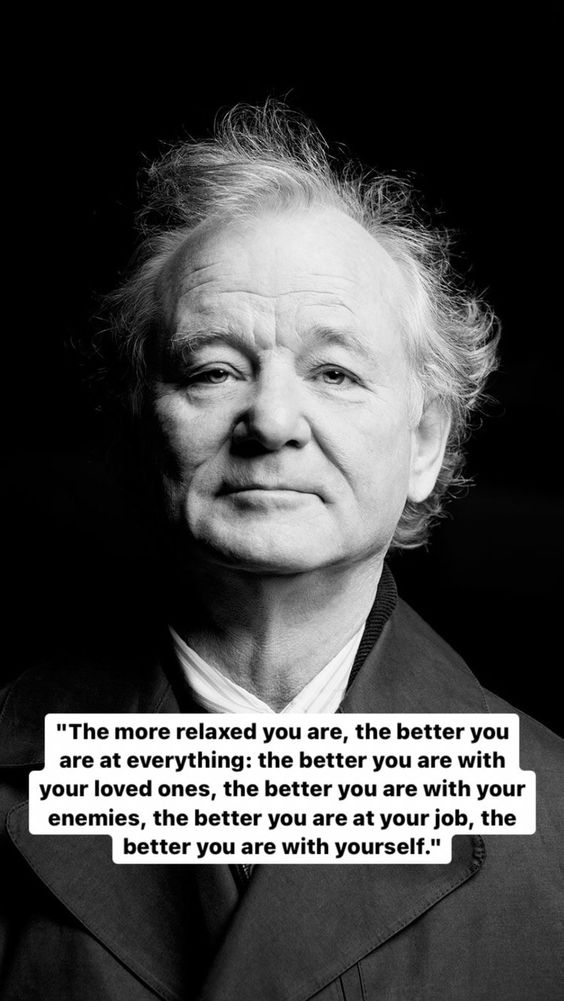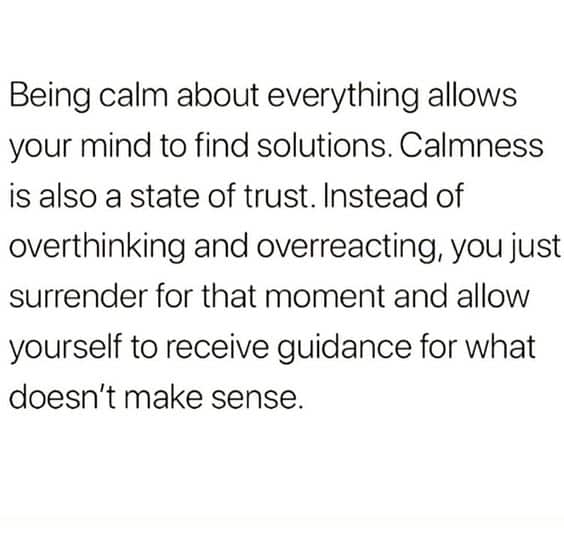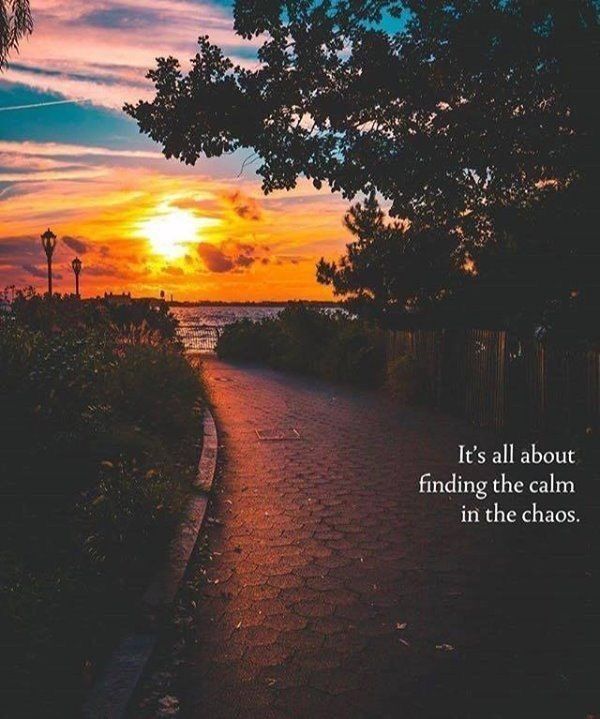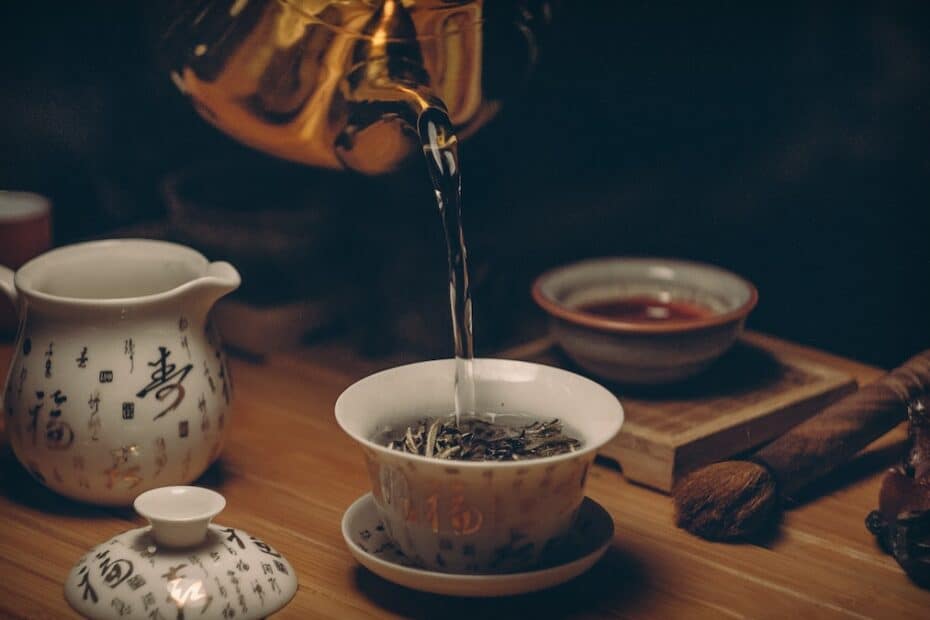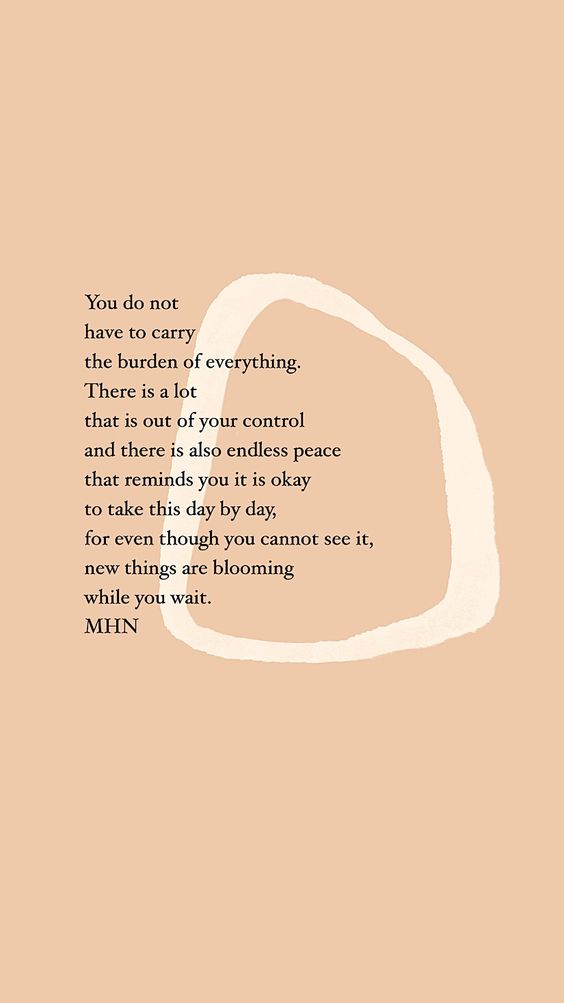“The nearer a man is to a calm mind, the closer he is to strength.”
Marcus Aurelius, via Discipline Is Destiny (Page 249)
“Looking back, our days in Ogimi were intense but relaxed—sort of like the lifestyle of the locals, who always seemed to be busy with important tasks but who, upon closer inspection, did everything with a sense of calm. They were always pursuing their ikigai, but they were never in a rush.”
Héctor García and Francesc Miralles, Ikigai (Page 110)
“To build a mindset that allows happiness in, you need to develop the quality of non-reactiveness. Life is generally uncontrollable and it is not possible to live without challenges, so eventually unwanted things and tough situations will appear. Being able to create space in your mind where you can recognize something as undesirable without reacting to it intensely not only helps you deal with it better, but it also keeps you connected to your peace. Not reacting literally allows peace to exist in your mind. The less you react, the more peace you have.”
Yung Pueblo
“There is nothing manly in being angry, but a gentle calm is both more human and therefore more virile. It is the gentle who have strength, sinew, and courage—not the indignant and complaining. The closer to control of emotion, the closer to power. Anger is as much a sign of weakness as is pain.”
Marcus Aurelius, Meditations (Page 111)
“Complete outer calmness is impossible. But when there are some calm periods, we should appreciate them and make them last longer. This is the time when useful thoughts appear; they become stronger and guide us in life.”
Leo Tolstoy, A Calendar of Wisdom (Page 307)
The Tea Master Who Was Mistaken For A Samurai — A Short Story About Calming The Mind
Excerpt: A powerful short story of a tea master who gets mistaken for a samurai and how he remains calm even in the midst of certain death.
Read More »The Tea Master Who Was Mistaken For A Samurai — A Short Story About Calming The Mind
where do good decisions come from? a calm mind how can you measure your peace? by how calm you stay during a storm how do you know if you are attached to something? because it creates tension in your mind where are the greatest revolutions fought and won? in the heart do you know why you are powerful? because you can change the future ~ Yung Pueblo, Inward (Page 67)
“The people you admire, the ones who seem to be able to successfully handle and deal with adversity and difficulty, what do they have in common? Their sense of equilibrium, their orderly discipline. On the one-yard line, in the midst of criticism, after a heartbreaking tragedy, during a stressful period, they keep going. Not because they’re better than you. Not because they’re smarter than you. But because they have learned a little secret. You can take the bite out of any tough situation by bringing a calm mind to it.”
Ryan Holiday, The Daily Stoic (Page 386)
